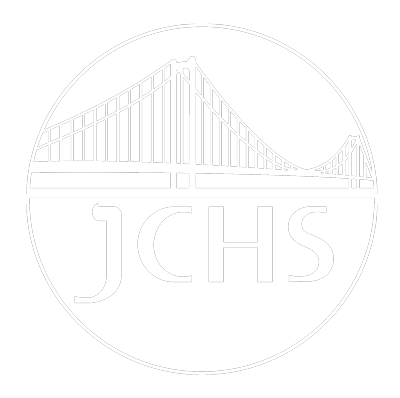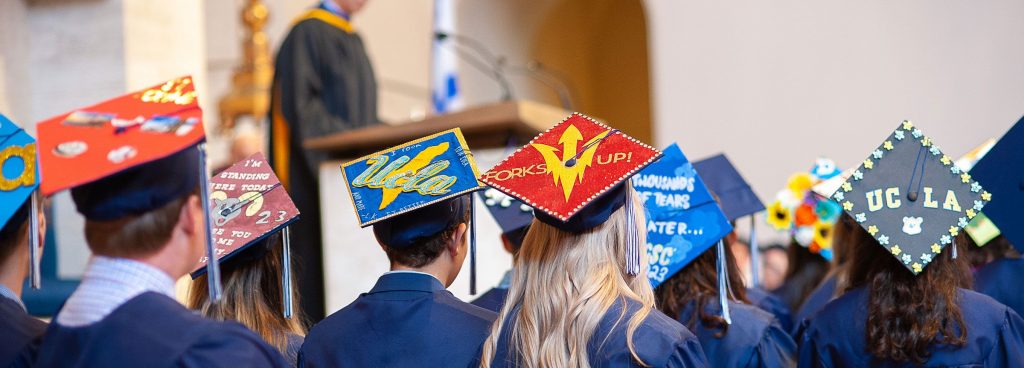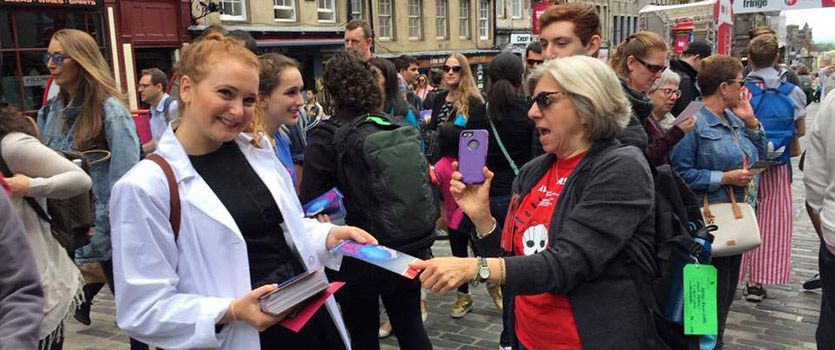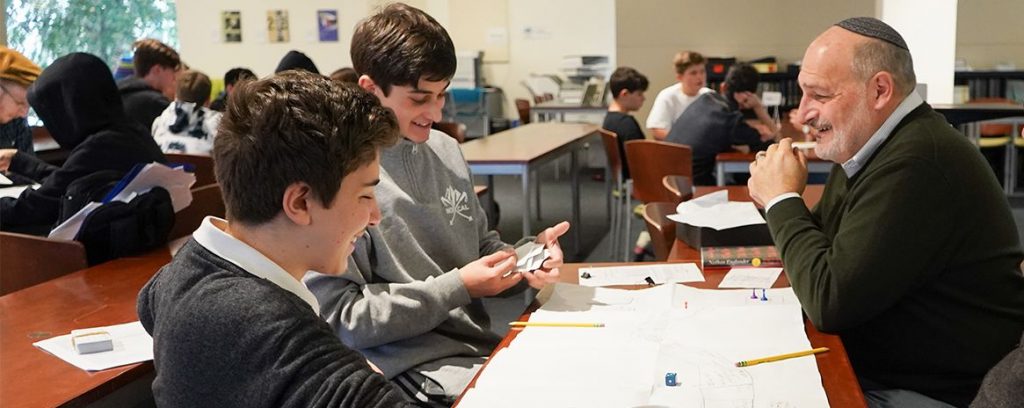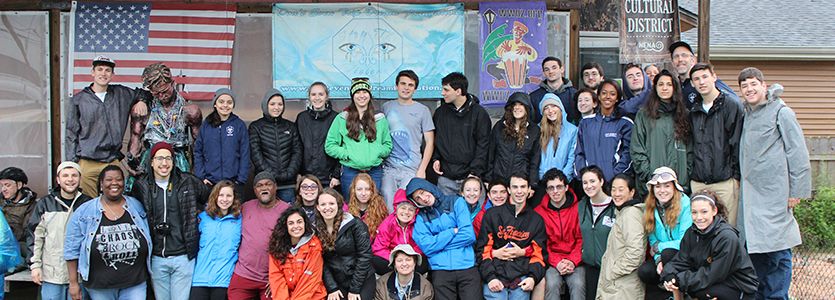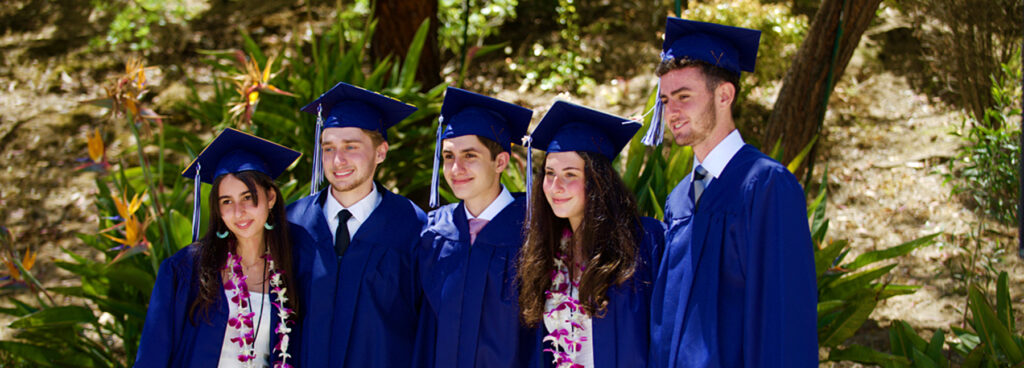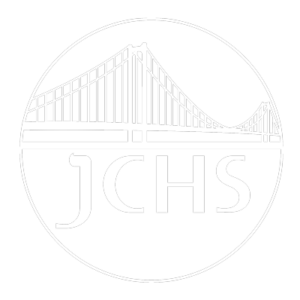Parashat Re’eh
Michael Brody, Assistant Head of School
In this week’s parsha, Re’eh, Moses is addressing the Israelites just before they enter the Holy Land. He teaches about many of the mitzvot Jews are obligated to perform to receive God’s blessings, including building a temple, kashrut, giving tzedakah and establishing festivals.
Helping those in need is mentioned in three verses. Moses says, “you shall not harden your heart and you shall not close your hand from your needy brother. Rather you shall open your hand to him…” (Deuteronomy 15:7-8) While we may often think of helping those in need as an act of kindness, Moses makes it clear that helping others is more than that. A few verses later he adds “…I command you…you shall surely open your hand to your brother, to your poor one, and to your needy one.” Here, Moses makes it clear that giving tzedakah is an obligation. We are commanded to give not because it makes us good people; we give because contributing to a more just and equitable world is the right thing to do.
Judaism teaches us to be thoughtful about our tzedakah. Rabbi Jonathan Sacks points out in his book Covenant and Conversation that, in addition to giving, Jews are required to “show sensitivity to the psychology of poverty.” Being poor and receiving charity are both difficult–they can come with shame and humiliation. Over time, Jewish practices and laws have actively tried to make having less, less shameful. Sacks provides several examples including the customs of the rich having simple burials, girls wearing borrowed clothes for certain festivals and rabbis lowering prices on religious necessities, all to protect the dignity of those living with less.
To best fulfill our obligation of helping those with less, we must first understand what it is like to be the person on the other side of our help. In that way, we can both work to create a more just society while protecting the dignity of those who find themselves lacking power and resources and are in need of help.
Similarly, JCHS sees an obligation to teach students how to see the world from the perspective of others in service of creating a more just society. We are in the third year of our curricular “Tzedek” initiative that supports teachers in authentically infusing social justice topics into their curricula. Through this program, students are asked to engage critically with knowledge, consider how their background shapes their worldview and to see everyone’s full humanity. In this way, the JCHS Tzedek Program strives to give every graduate the skills, knowledge, and self-awareness to address the root causes of injustice. Here are some examples of the Tzedek work student will do this year:
- In Hebrew Literature, students explore how dimensions of a language – including dialect and accent – can impact one’s status in society and ability to stay connected to their ancestry.
- In Concepts and Processes, students create art that explores human impact on societies and the environment.
- In Biology, students explore modern questions around the genetic and cultural bases of the concept of race.
- In 10th grade English, students reflect on how ethnicity, race, gender, and power imbalances inform how Americans have reflected on their identity and their inclusion and exclusion from their communities.
Just as Jews are required to give tzedakah and understand what it might be like to be needy, JCHS feels an obligation to teach students about the conditions from which inequities arise. In this way, we hope our students will be better equipped to help create a more just world as they fulfill their tzedakah obligations.
